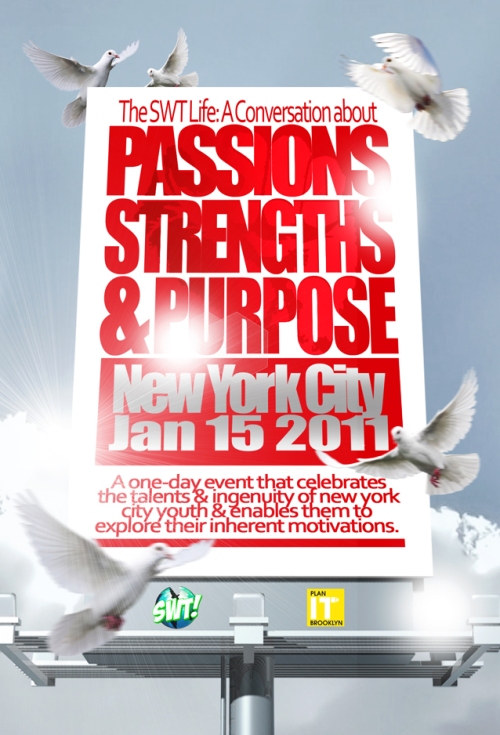Have you ever been bullied? If so, what makes you different than those who have chosen to take their lives because of it?
Yes, I have been bullied. Why haven’t I decided to take my life? The number one reason is because my grandmother, who is Muslim, told me taking lives is God’s job – no one else’s; that included suicide. She also told me the good die young or that you die when you’re done serving your purpose, and seeing as how I’m still alive I know there are things I need to accomplish. The second biggest reason is because I’m not selfish. I have family and friends who would be devastated and just broken-hearted. There are people who mean the world to me and if they decided to take their lives not only would I be depressed and sad but I’d feel a certain anger because they chose to take themselves away from me and I gave them my love. And listening to “Far Away” by Marsha Ambrosius just made me think about it more. I know the feeling of wanting to die because of feeling worthless, not good enough, unimportant, lower than dirt. But I always have people who love me around me and they’re always supportive and help me through it. They’re part of the reason I’m still here and I thank God everyday not for just waking me up but blessing me with them.
Lesson in Youth Development
Bullying drives our children to suicide when their core, their self-esteem, their ability to express themselves, their emotional body is weak. It is important that we make sure to engage young people in conversations about purpose. As Nyree pointed out, it is part of why she is motivated to live. Additionally, raising children to be a contribution, to be generous and thoughtful can lead them to develop relationships that are mutually beneficial and potentially life-saving elements. And if your family has a religious practice that is fortifying, it could also play a huge part in the well-being of your children.
*Ask Nyree is a weekly response to the questions you always wanted answered by a teen.



